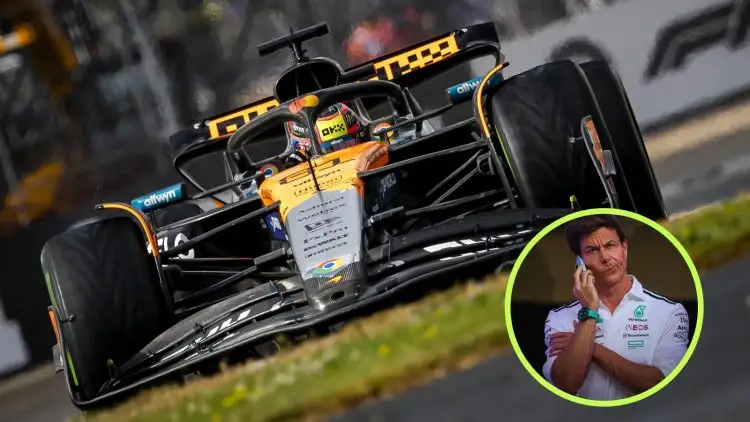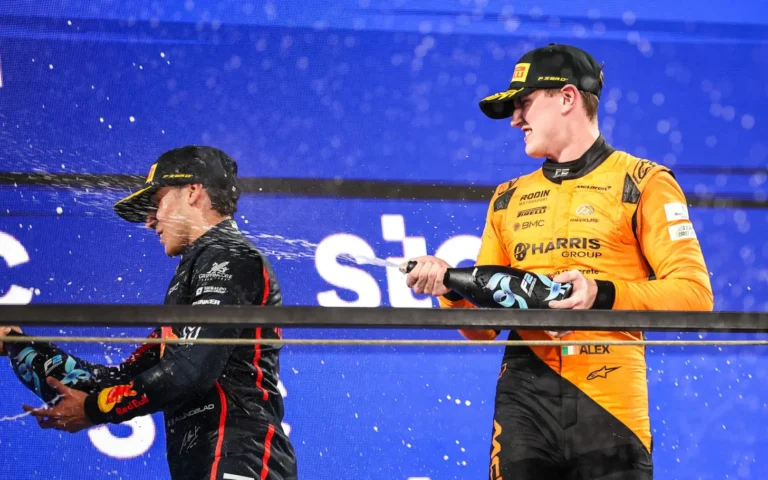
Mercedes team boss Toto Wolff recently described the renewed engine partnership with McLaren as an “intelligent choice,” a remark that carries more weight than it initially appears. The agreement, which extends Mercedes’ power unit supply to McLaren through 2025, is not just a routine deal—it reflects deep strategic thinking in the high-stakes world of Formula 1. This move signals Mercedes’ intent to preserve influence across the paddock and suggests a calculated approach to maintaining competitiveness on multiple fronts.
From McLaren’s perspective, the continuation of their engine supply from Mercedes is a logical step. The team’s recent success—highlighted by improved race finishes and podiums—has been closely linked to the consistent performance of the Mercedes power units. Rather than risk a potential drop in performance by switching suppliers, McLaren secures both reliability and stability. Additionally, the partnership offers valuable technical collaboration, giving McLaren access to Mercedes’ insights in key areas such as aerodynamics and engineering development
Mercedes, on the other hand, stands to gain more than just revenue. By keeping McLaren in their engine network, they not only stay embedded in F1’s technological race but also collect critical performance data. Supporting a competitive team like McLaren allows Mercedes to gauge the effectiveness of their engines in various racing contexts. This contributes to overall improvement and keeps them in close contact with their former rivals, now turned strategic partners, while also helping stabilize the internal politics of the sport.
Wolff’s reference to the deal as an “intelligent choice” also hints at a broader competitive strategy. With Red Bull Powertrains emerging as a serious force, Mercedes’ alliance with McLaren acts as a counterbalance to Red Bull’s influence. Preventing more teams from leaning toward Red Bull engines helps Mercedes protect its standing and limit rival dominance. It’s a move that reinforces their footprint in F1 while indirectly pressuring competitors to match their performance levels.
Ultimately, the renewed deal is far more than a simple business contract—it’s a long-term play in the constantly shifting chessboard of Formula 1. For Mercedes, it ensures relevance, influence, and competitiveness. For McLaren, it offers performance assurance and technical growth. Wolff’s “intelligent choice” remark captures the layered motives behind the move, reflecting how much of modern Formula 1 is driven not just by speed on track, but by strategic partnerships off it.



